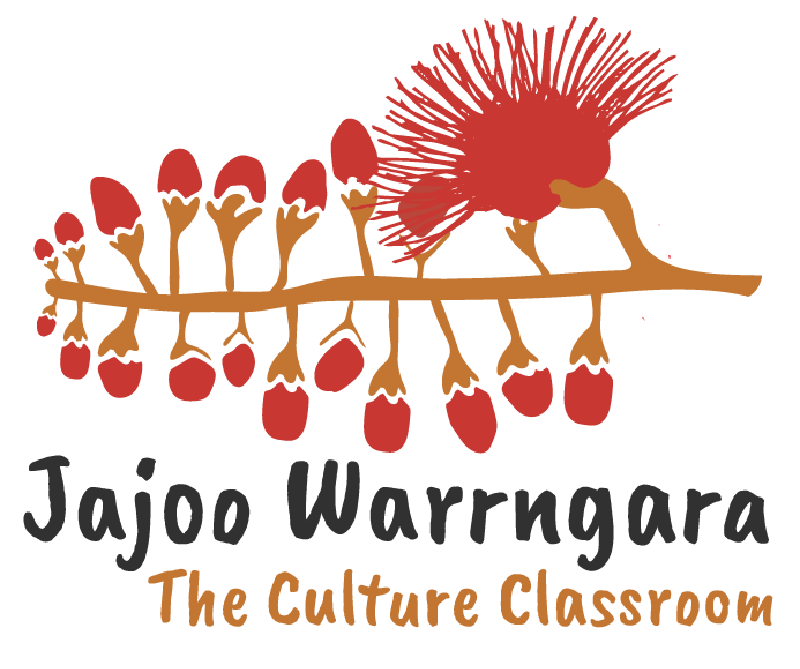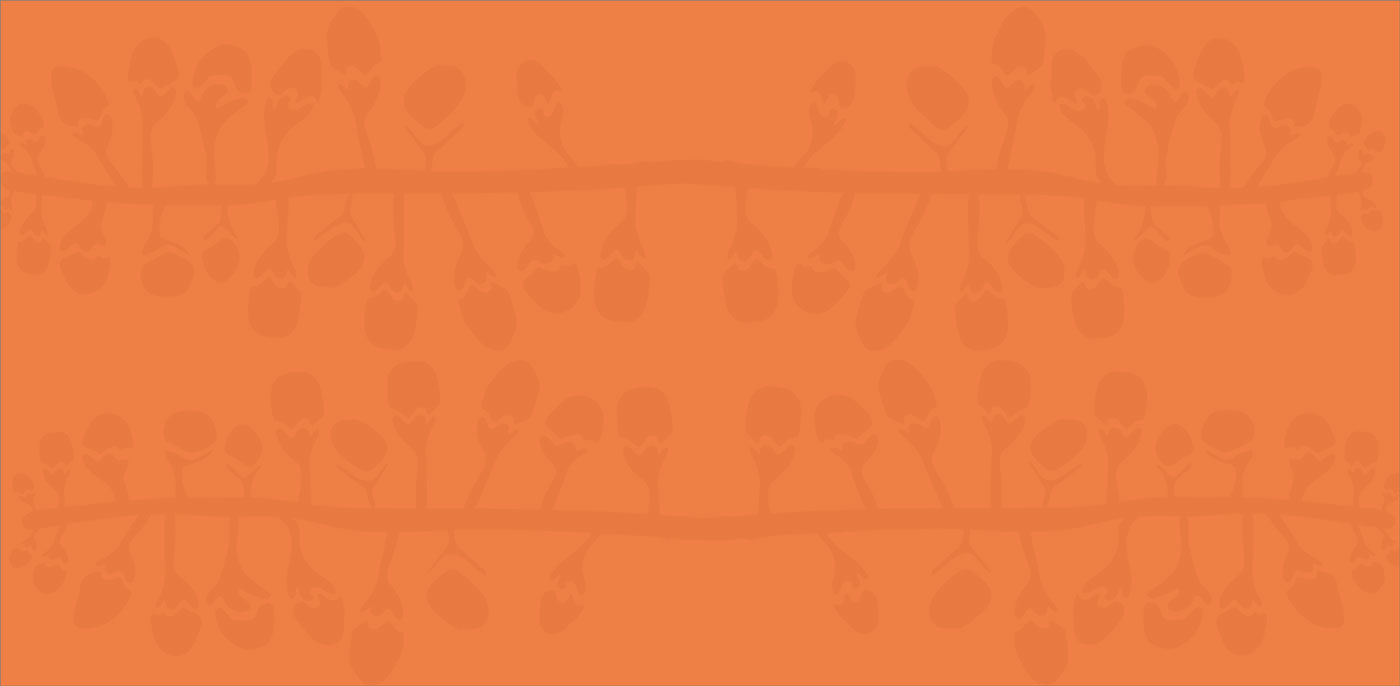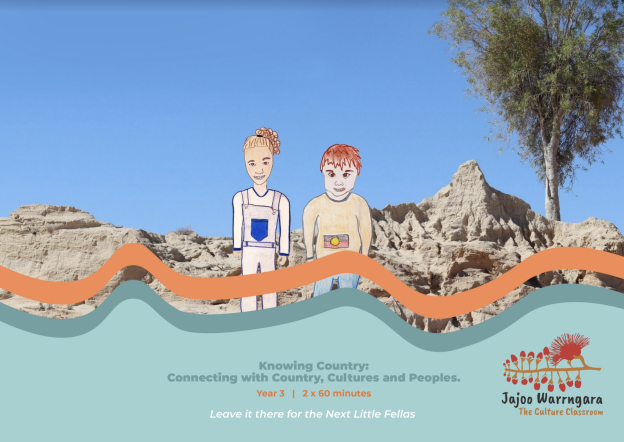Cross Curriculum Priorities
Aboriginal and Torres Strait Islander Histories and Cultures
A_TSICP1 First Nations communities of Australia maintain a deep connection to, and responsibility for, Country/Place and have holistic values and belief systems that are connected to the land, sea, sky and waterways.
A_TSIC1 First Nations Australian societies are diverse and have distinct cultural expressions such as language, customs and beliefs. As First Nations Peoples of Australia, they have the right to maintain, control, protect and develop their cultural expressions, while also maintaining the right to control, protect and develop culture as Indigenous Cultural and Intellectual Property.
A_TSIC2 First Nations Australians’ ways of life reflect unique ways of being, knowing, thinking and doing.
A_TSIC3 The First Peoples of Australia (Aboriginal Peoples) belong to the world’s oldest continuous cultures. First Nations Australians demonstrate resilience in the maintenance, practice and revitalisation of culture despite the many historic and enduring impacts of colonisation, and continue to celebrate and share the past, present and future manifestations of their cultures.
A_TSIP1 Australia has 2 distinct First Nations Peoples; each encompasses a diversity of nations across Australia. Aboriginal Peoples are the first peoples of Australia and have occupied the Australian continent for more than 60,000 years. Torres Strait Islander Peoples are the First Nations Peoples of the Torres Strait and have occupied the region for over 4,000 years.
A_TSIP3 The significant and ongoing contributions of First Nations Australians and their histories and cultures are acknowledged locally, nationally and globally.
Sustainability
SS1 All life forms, including human life, are connected through Earth’s systems (geosphere, biosphere, hydrosphere and atmosphere) on which they depend for their wellbeing and survival.
Curriculum Links
AC9HS3K04 The ways First Nations Australians in different parts of Australia are interconnected with Country/Place.
AC9HS3K07 Why people participate within communities and how students can actively participate and contribute to communities.
AC9HS3S02 Locate, collect and record information and data from a range of sources, including annotated timelines and maps.
AC9HS3S06 Propose actions or responses to an issue or challenge that consider possible effects of actions.
AC9HS3S07 Present descriptions and explanations, using ideas from sources and relevant subject-specific terms.
AC9E3LE01 Discuss characters, events and settings in different contexts in literature by First Nations Australian, and wide-ranging Australian and world authors and illustrators.
AC9E3LY06 Plan, create, edit and publish imaginative, informative and persuasive written and multimodal texts, using visual features, appropriate form and layout, with ideas grouped in simple paragraphs, mostly correct tense, topic-specific vocabulary and correct spelling of most high-frequency and phonetically regular words.
AC9E3LA10 xtend topic-specific and technical vocabulary and know that words can have different meanings in different contexts.
AC9S3I03 Follow procedures to make and record observations, including making formal measurements using familiar scaled instruments and using digital tools as appropriate.
AC9S3I06 Write and create texts to communicate findings and ideas for identified purposes and audiences, using scientific vocabulary and digital tools as appropriate.
Unit Content



